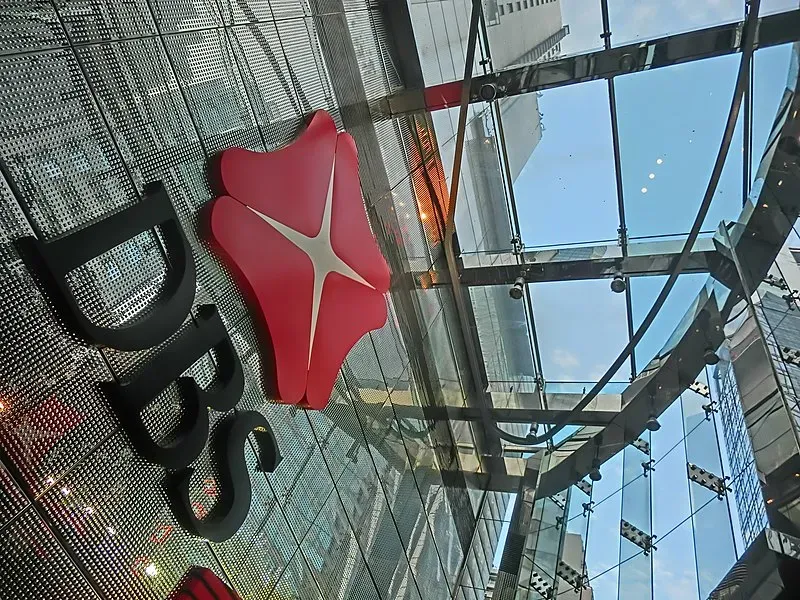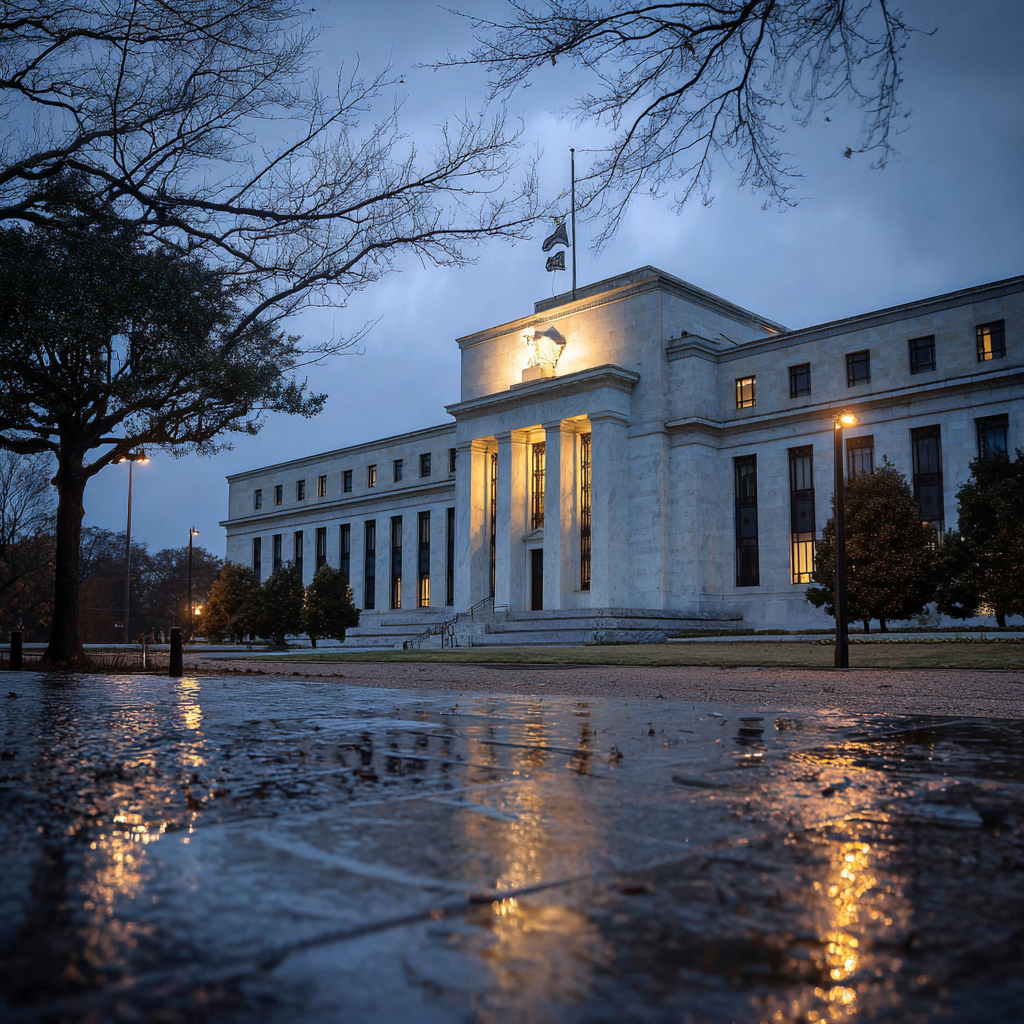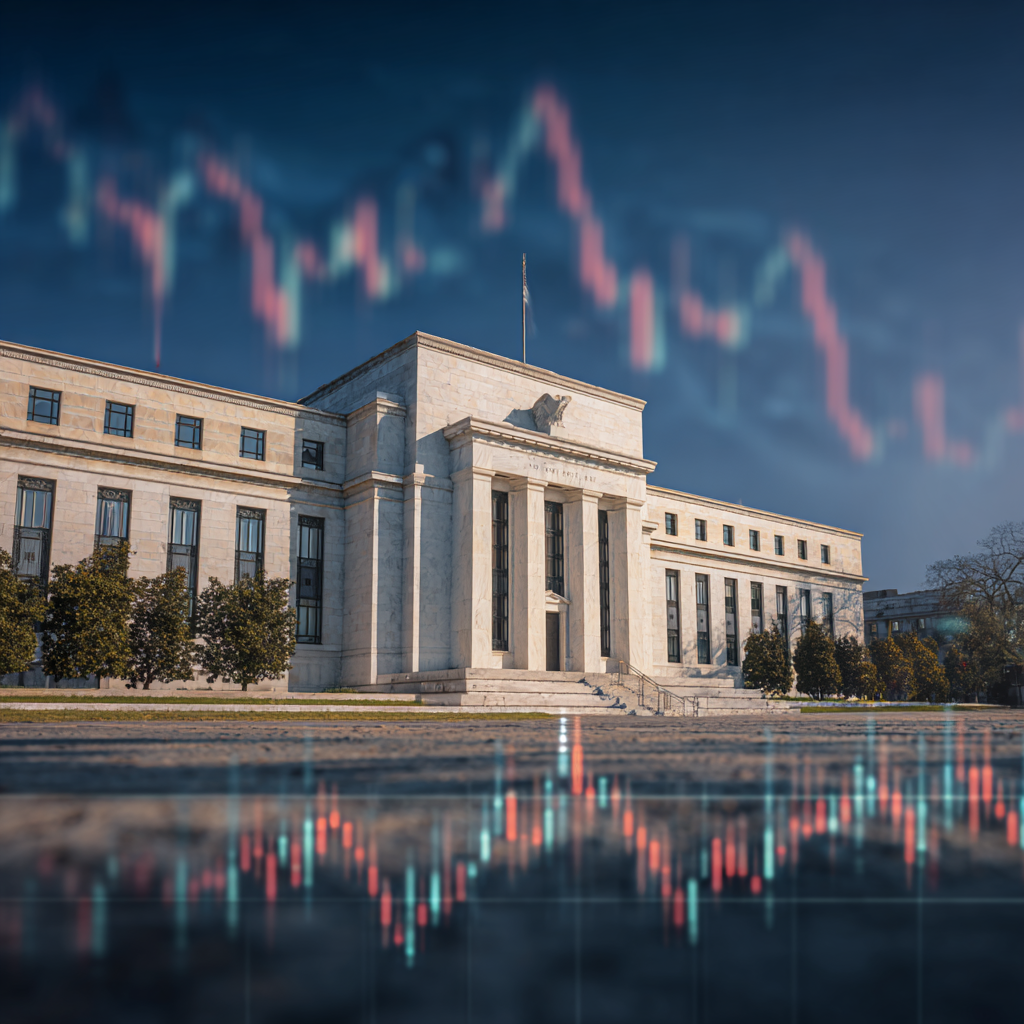Table of Contents
DBS Bank's Chief Investment Office shed light on the contrasting roles of gold and Bitcoin in the current investment landscape, during the bank's quarterly investment outlook on Tuesday.
Responding to Blockhead's questions at its 4Q2024 Investment Outlook session, Daryl Ho, senior investment strategist at DBS, said that while both assets share certain characteristics, investors should not view Bitcoin as a direct substitute for gold in traditional asset allocations.
He acknowledged that both gold and Bitcoin serve as stores of value with finite supplies, but he emphasized that Bitcoin’s volatility far exceeds that of gold. “Bitcoin has yet to prove itself as a safe haven asset,” he added, noting the cryptocurrency’s significant price fluctuations.
A critical distinction made during the discussion was the cultural and historical value of gold, which has long been regarded as a trusted reserve by central banks worldwide. “Central banks see gold as a recognized form of reserve,” the analyst explained, contrasting this with the current perception of Bitcoin. “Bitcoin is nowhere near this level of acceptance; no central banks are investing in it.”
Despite these challenges, DBS acknowledged that Bitcoin could still play a role in technical investment strategies. “Can Bitcoin be part of a technical investment play? I think most certainly,” he remarked. However, he reiterated that the two assets are not interchangeable in the context of portfolio allocation at this time.
Additionally, he touched upon the emergence of Bitcoin spot ETFs, which have only been in existence for less than a year. “It needs time to grow,” he stated, suggesting that the market is still in its formative stages when it comes to Bitcoin’s broader acceptance among traditional investors.
Looking ahead, Ho highlighted the potential for Bitcoin to benefit from quantitative easing and increased liquidity resulting from stimulus packages. “These factors could push Bitcoin further,” he noted, although he cautioned that the cryptocurrency is likely to remain within a trading range for the foreseeable future, "until there's something to the tune of money printing."
Favorable environment for risk assets
In his presentation titled "In a Sweet Spot," DBS CIO Hou Wey Fook said there is a favorable environment for risk assets as the bank anticipates a soft landing for the economy. The session emphasized that a surprise 50 basis points rate cut by the Federal Reserve could further bolster this outlook, enhancing the appeal of equities and bonds alike.
Over the past two quarters, the bank has consistently argued that risk assets are poised for growth, and recent trends support this thesis. Both bond and equity indices have shown upward momentum, with non-tech laggard sectors now beginning to outperform their tech counterparts in the U.S. Despite this positive shift, DBS remains committed to its long-term “barbell” strategy, balancing investments between secular growth equities and income-generating assets.
Big Tech continues to lead the growth segment of the portfolio. Unlike the debt-fueled dot-com boom of the 1990s, the current AI revolution is primarily supported by free cash flow. Major players like Alphabet, Amazon, Meta, and Microsoft are financially robust, capitalizing on their profitable operations. The CIO noted, “The AI revolution is in its infancy and holds immense growth potential,” reinforcing the belief in sustained growth in this sector.
On a broader scale, the bank expressed optimism for ASEAN equities, which are expected to benefit from lower interest rates and a weaker U.S. dollar. After years of underperformance, ASEAN markets are now primed for growth, making them an attractive consideration for investors.
On the income-generating front, longer-duration investment-grade bonds are favored for their potential to provide steady cash flow alongside capital gains as the Fed eases monetary policy. Additionally, DBS plans to increase its allocation to Singapore Real Estate Investment Trusts (REITs) due to their appealing valuations and sound financial metrics.
Furthermore, the bank emphasizes the importance of alternative assets in its portfolio. Gold, hedge funds, and private assets offer non-correlating sources of returns, enhancing overall portfolio resilience. The CIO pointed out that the recent wide dispersion across global markets could favor hedge fund strategies, providing opportunities for alpha generation.












